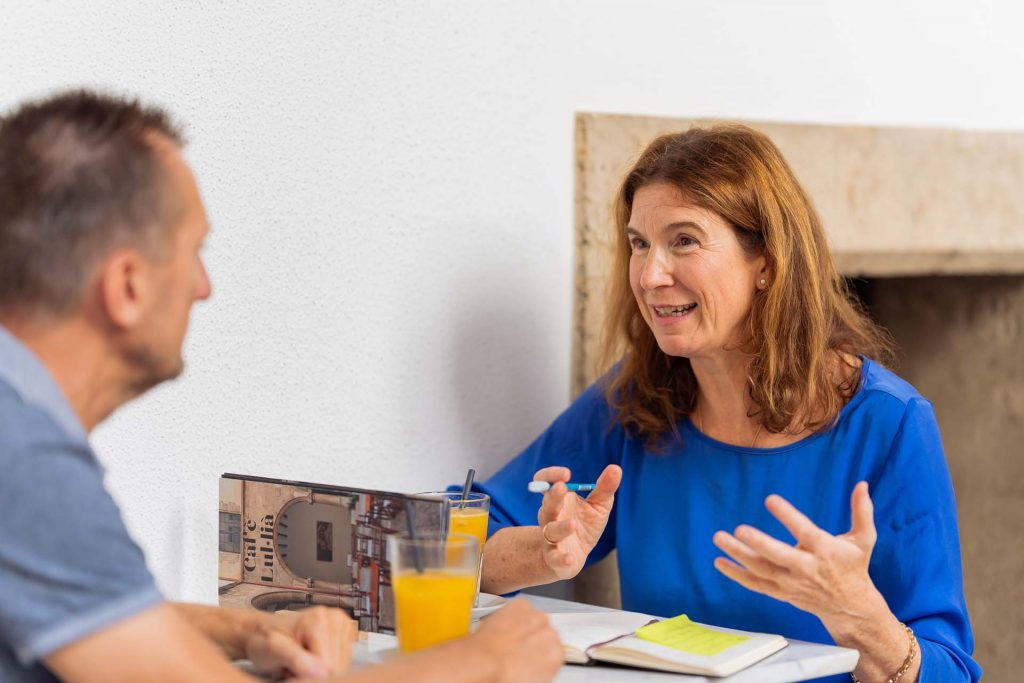I'm always amazed at the vehemence with which new trend "ities" are regularly pushed through the German corporate landscape. "New Work", "Work Out Loud", "Digitalisation" - everything is hyped, but what's really behind it? I always imagine that a few consultant gurus somewhere are rubbing their hands together and reshuffling the management consultant tool bingo every few years.
Five years ago, the big "diversity" debate emerged, but in my opinion it was never really understood in Germany. In the German public debate and in German companies, the topic of "diversity" was reduced to "women's quotas"... as if this was the only thing that mattered. Behind "diversity" lies the attitude that the best way for companies to utilise the diversity of perspectives and the uniqueness of individuals within the company and in its management. So it's not just about women, but also about age, gender, skin colour, disability, party affiliation, nationality, religion, etc. True diversity values every form of uniqueness and utilises it as a strength within the company.
And yes, the Diversity charterhas been signed by many large companies, but too often these signatures remain mere lip service. Such a charter is quickly signed, just as corporate values are written on a website, and goes down well with shareholders. My coachees come from some of these companies and the insights I get leave room for the assumption that it often remains just signatures or lip service.
companies, such as SwissRe, which had already achieved a remarkable Diversity programme with the full support of the Management Board, which has realised that the diversity of its customers should also be reflected in its company and management team and that it will not get anywhere with "same, same". The beauty of a rainbow is made up of the individual colours in their entirety and not one colour alone, as well as the fact that rain and sun come together. SwissRe has recognised that true diversity means more than just a good image."
In my opinion, there is a similar mindset behind "design thinking" if you see it as more than just a tool: it's also about bringing together as many different parties, departments or areas as possible, and therefore different perspectives, in order to create sustainable and holistic solutions. And agility ultimately aims in a similar direction.
It's about putting ECO before EGO.
However, companies often only see new methods as tools for increasing efficiency, instead of seeing them as signposts to a more comprehensive goal. In addition, the associated mindsets that create added value are often neglected as "optional". (Futurologists report that at conferences, such as Davos 2019, corporate leaders admit behind the scenes that their main goal is to replace as many employees as possible. This perpetuates the image of the company as a machine - which has prevailed since the age of the industrial revolution).
Why do many companies ignore the importance of this change of perspective? What are you afraid of?
This is where brain research helps us again - everything that is seen and experienced as similar is categorised as non-threatening. Everything that is "different", "foreign" or "diverse" is automatically categorised as threatening by the amygdala - a remnant of our evolutionary development.
We need entrepreneurs, founders and executives who think beyond the instinctive reaction of the amygdala and do not think purely in terms of power play and egotism.
But it's not that simple - anyone who has ever tried to implement a new resolution or break a bad habit knows exactly what I'm talking about - I'm no different. Unfortunately, there is no switch that we can flip; it takes attention and work until new behaviours become routines.
The work starts with each individual. The first challenge is self-reflection: each of us must be prepared to scrutinise and improve our own thinking and actions, our own management style - especially if we want to demand the same from our co-founders, co-founders and employees. The second step is about a) recognising the automatisms of evolution and b) slowing them down so that mature and purified decisions and actions are made as often as possible. Exercises from mindfulness practice, for example, can help here.
As Michael Jackson writes so beautifully in his song "Man in the Mirror": "I am starting with the man in the mirror, telling him to change his way..."





